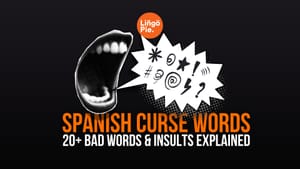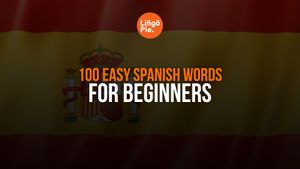Have you ever been in a new country and felt completely confused by the way people talk? In Honduras, knowing regular Spanish isn’t always enough—you have to learn the fun and interesting Honduran slang, too!
In this guide, we'll share some of the most common and exciting Honduran slang words used in Honduras, explain what they mean, and show you when to use them. If you’re planning to visit or just want to impress your friends, this article will get you started on sounding like a local!
- 24+ Easy Cuban Slang
- 35+ Best Argentinian Slang
- 17 Best Salvadoran Slang

Honduran Slang Words
1. Pijazo
Meaning: This word can mean “a lot” or refer to “a hit” or “blow.”
“Había un pijazo de gente en la fiesta” means, “There were a lot of people at the party.” Or, “Le dieron un pijazo” translates to “They hit him hard.” Use it to describe a large amount of something or a physical impact.
2. Chamba
Meaning: Job or work.
“Tengo que ir a la chamba” means “I have to go to work.” It’s a common way to refer to any kind of employment or task.
3. Bayunco
Meaning: Silly, dumb, or foolish.
It’s often used to describe someone who is acting in a goofy or annoying way. For example, “No seas bayunco” means “Don’t be silly” or “Stop fooling around.”
4. Cipote/Cipota
Meaning: Kid or child.
“Mi cipote está jugando afuera” means “My kid is playing outside.” It’s a friendly way to refer to young children.
5. Chuco/Chuca
Meaning: Dirty or filthy.
“Esa camisa está toda chuca” means “That shirt is all dirty.” You can use it to describe anything that is messy or unclean.
6. Macizo
Meaning: Awesome, solid, or great.
“¡Qué carro más macizo!” means “What an awesome car!” It’s used to show approval or admiration for something impressive.
7. Maje
Meaning: Dude, friend, or bro.
“Ey, maje, ¿qué tal?” translates to “Hey, dude, what’s up?” It’s a casual way to refer to a friend, similar to saying “man” in English.
8. Choco
Meaning: Someone who is broke or has no money.
“Ando choco” means “I’m broke.” It’s a useful expression when you want to say you’re out of cash.
9. Paja
Meaning: A lie or nonsense.
“No me digás paja” means “Don’t lie to me” or “Don’t tell me nonsense.” Use it to call out someone who is exaggerating or not telling the truth.
10. Cheque
Meaning: All good, okay, or no problem.
“Nos vemos mañana, ¿ok?” “¡Cheque!” means “See you tomorrow, okay?” “All good!” It’s a versatile term used to agree or confirm plans.
11. Vara
Meaning: Thing or stuff.
“Dame esa vara” means “Give me that thing.” It’s used when you can’t or don’t want to name an object specifically.
12. Catracho/Catracha
Meaning: A Honduran person (used with pride).
“Soy catracho de corazón” means “I’m Honduran at heart.” It’s a way Hondurans refer to themselves with national pride.
13. Pisto
Meaning: Money or cash.
“No tengo pisto” means “I don’t have money.” Similar to saying “bucks” in English.
14. Fregado
Meaning: Messed up or complicated.
“La situación está fregada” means “The situation is messed up.” It’s used to describe something that’s gone wrong or is difficult.
15. Jalar
Meaning: To leave or take off.
“Voy a jalar” means “I’m going to leave.” It’s often used when you’re about to go somewhere.
16. Pulpería
Meaning: A small neighborhood store.
“Voy a la pulpería” means “I’m going to the store.” It’s a commonly used word for a local convenience store.
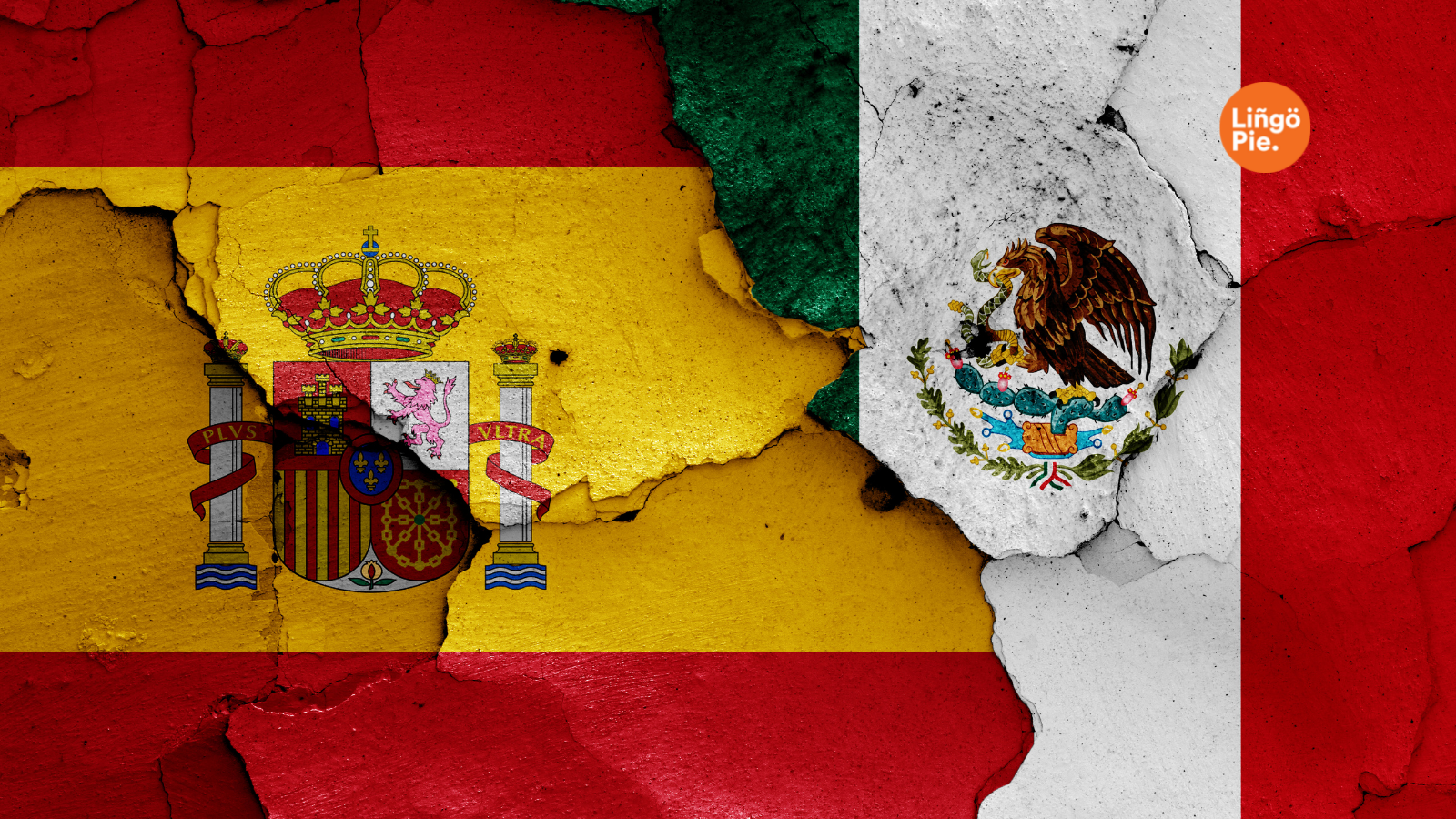
Honduran Slang Phrases
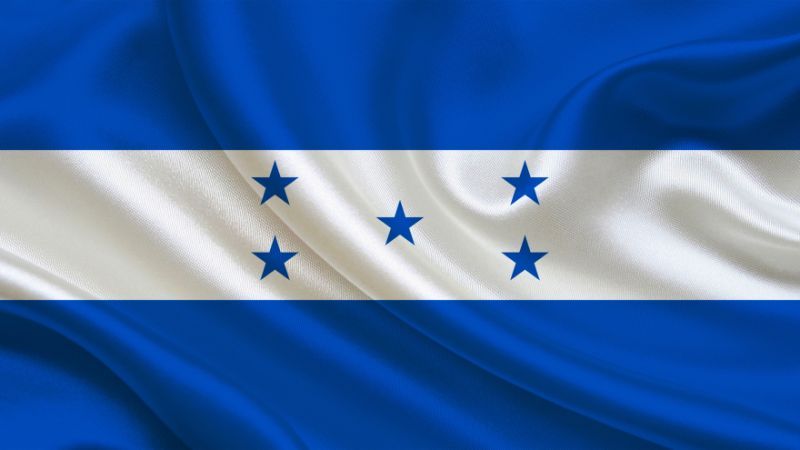
1. Andar de patas arriba
Literal Translation: "Walking with your feet up"
Meaning: Feeling disoriented, chaotic, or having a really bad day.
You might say, “Hoy ando de patas arriba” to mean “I’m feeling totally out of sorts today.” It’s often used when everything seems upside down or out of order.
2. Estar en la mera teta
Literal Translation: "To be on the very breast"
Cultural Significance: This phrase means being in a perfect or highly favorable situation, having all the advantages, or being at the top of your game.
“Con este trabajo nuevo, estoy en la mera teta” means “With this new job, I’m in the best possible situation.” It highlights being in a position where you have it all.
3. Se te subieron los humos
Literal Translation: "The fumes went to your head"
Meaning: Used to describe someone who has become arrogant, proud, or conceited, as if their ego has inflated.
“Desde que ganó la competencia, se le subieron los humos” means “Since winning the competition, he’s become full of himself.” It’s often used to call out people who are acting too proud or full of themselves.
4. Más perdido que un juey en un tobogán
Literal Translation: "More lost than a crab on a slide"
Meaning: Used to describe someone who is completely lost or confused.
“Estaba más perdido que un juey en un tobogán en la clase de matemáticas” means “I was more confused than a crab on a slide in math class.” It’s a humorous way to express total confusion.
5. Estar como agua para chocolate
Literal Translation: "To be like water for chocolate"
Meaning: To be extremely angry or boiling with rage, like water that’s ready to melt chocolate.
“Cuando escuché lo que dijo, me puse como agua para chocolate” means “When I heard what he said, I was boiling mad.” This expression emphasizes feeling hot-tempered.
6. Comerse la torta antes del recreo
Literal Translation: "Eating the cake before recess"
Meaning: A playful way to say someone acted too soon or prematurely, often referring to doing something out of order.
“Se casaron y luego me enteré que se comieron la torta antes del recreo” implies they rushed into something, like marriage, perhaps because of a surprise pregnancy.
7. El que tiene tienda, que la atienda
Literal Translation: "He who owns a shop should tend to it"
Meaning: Take responsibility for what you own or manage.
If someone neglects their responsibilities, you might remind them by saying, “El que tiene tienda, que la atienda.”
8. Más vale tarde que nunca
Literal Translation: "Better late than never"
Meaning: It’s better to do something late than not do it at all.
“Llegaste tarde, pero más vale tarde que nunca” means “You arrived late, but better late than never.” It’s a common phrase used to reassure people when they’re late.

Learn Spanish Through Local TV Shows
Learning Honduran slang is a great way to understand the culture better and communicate with locals. We covered some common slang words and phrases that will make your conversations more fun and meaningful.
If you want to keep practicing your Spanish and pick up even more slang, you can try Lingopie, a cool resource that helps you learn languages by watching TV shows and movies. It’s a fun way to hear how real people speak!
Check it out, and don’t forget to explore our blog for more language tips and cultural insights!
Frequently Asked Questions
What is the slang term for Hondurans?
The slang term for Hondurans is "catracho" (for men) or "catracha" (for women). It’s used with pride and refers to people from Honduras. For example, someone might say, “Soy catracho” to mean “I’m Honduran.”
What does pucha mean in Honduras?
"Pucha" is a mild expression used to show surprise or frustration, similar to saying "darn" or "oh, man" in English. People use it when something unexpected happens, like “¡Pucha, se me olvidó!” which means “Darn, I forgot!”
What is the Honduran slang for bro?
The Honduran slang for "bro" is "maje." It’s a casual way to refer to a friend or buddy, similar to saying "dude" in English. For instance, “¿Qué onda, maje?” means “What’s up, bro?”
What does chele mean in Honduras?
"Chele" is a term used to describe someone with light skin or blond hair. It’s often used in a friendly way to refer to a fair-skinned person, like “Ese es el chele” meaning “That’s the blond guy.”


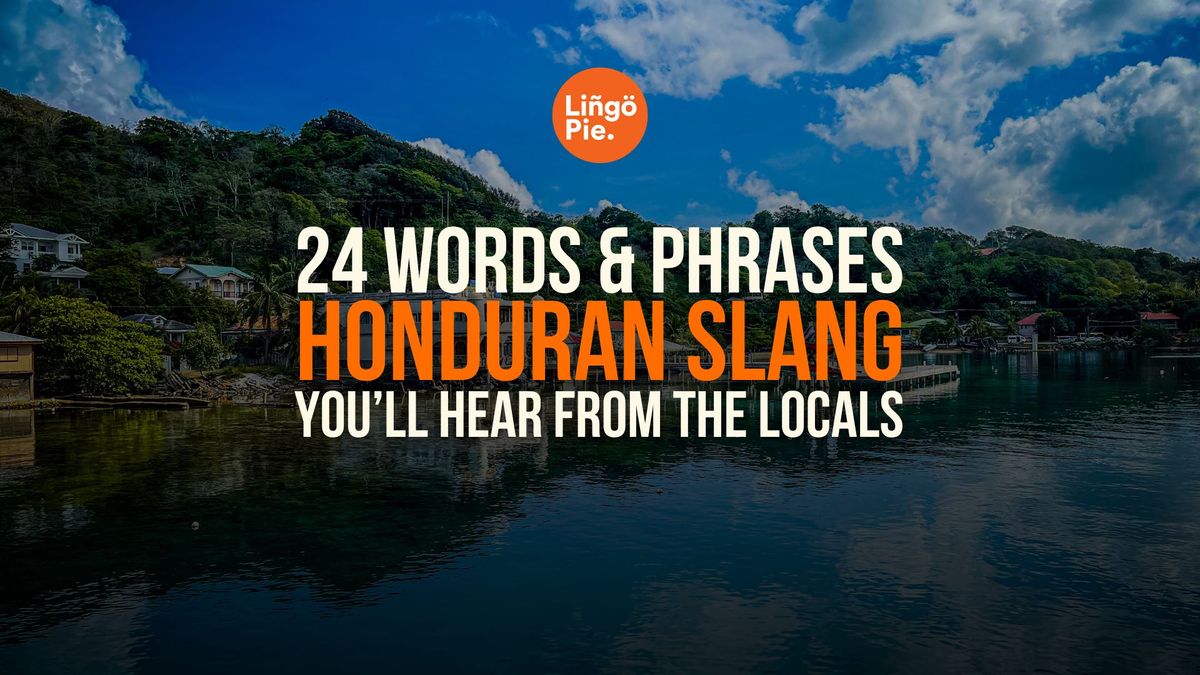


![How To Say Good Luck In Japanese [12+ Easy Ways]](/blog/content/images/2024/11/How-To-Say-Good-Luck-In-Japanese.jpg)
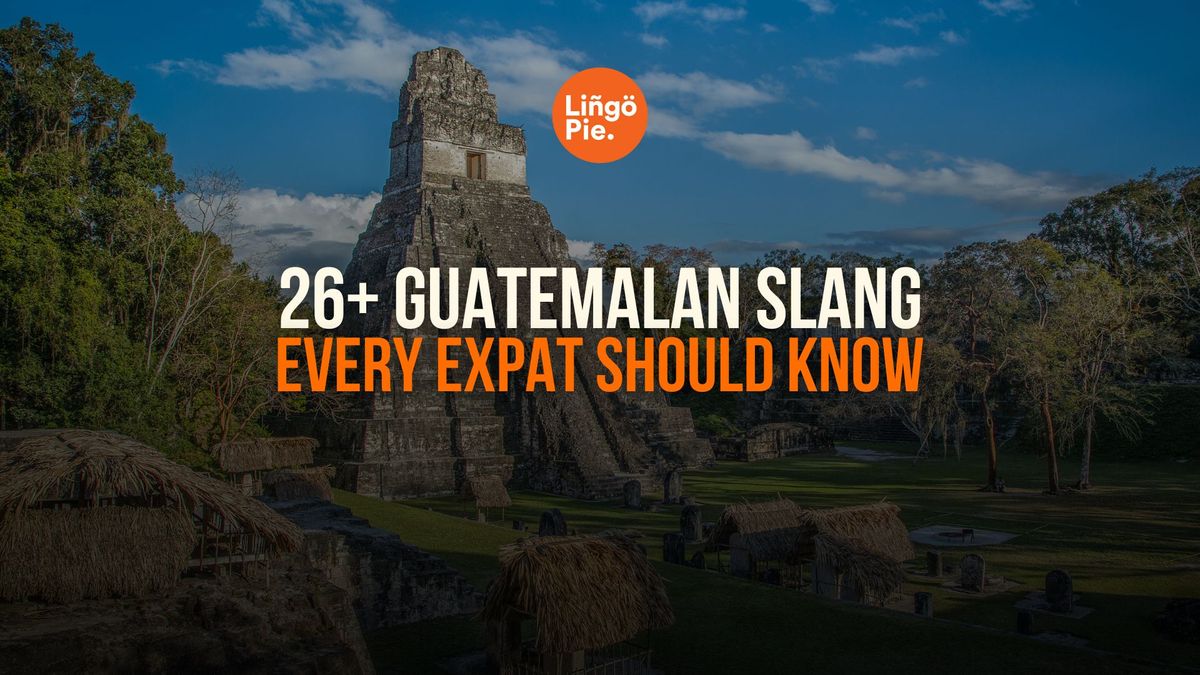
![19 Best Spanish Series For Learning Spanish Fast [2026]](/blog/content/images/size/w300/2025/04/best-shows-to-watch-to-learn-spanish.jpg)
![80 Spanish Love Words Every Romantic Should Know [Guide]](/blog/content/images/size/w300/2025/10/spanish-love-words.jpg)
